Economic empowerment for vulnerable women
The project aimed to improve the quality of life of 700 HIV–infected women and their families through the provision of sustainable livelihoods and educational support. This entailed providing the beneficiaries with the knowledge and skills to initiate an income-generating activity, and training in improved agricultural methods and nutrition, with 100 of the most vulnerable women being provided with seeds to set up home gardens. Educational support was provided over two years to two of the school children in each household, as the women developed their income, covering school costs from the third year.
The project exceeded the target number of beneficiaries, with 720 HIV-infected women trained in business management skills and accessing micro-loans. By the end of the project 81% of these women still had functional businesses. 92 community banking groups were formed and officially registered. 1,000 orphans and vulnerable children received educational support and retention in schools was 100%. 740 HIV infected women were trained in back-yard gardening and improved agricultural methods. At the end of the project 85% had functional back yard gardens at their households resulting in improved nutritional status due to the availability of a variety of vegetables. On average, the number of daily meals consumed increased from one to two. All 905 malnourished children identified received nutritional supplements.
Nurture Africa is a Ugandan NGO founded in 2003. Its mission is to promote the personal development (physical, mental and emotional) of orphans and vulnerable children and their
parents/guardians, affected by AIDS in Uganda.
Type
Health / Education / Community DevelopmentDuration
November 2015 – 31 October 2018Location
Wakiso and Mubende Districts / UgandaWith whom
Nurture Africa
Website
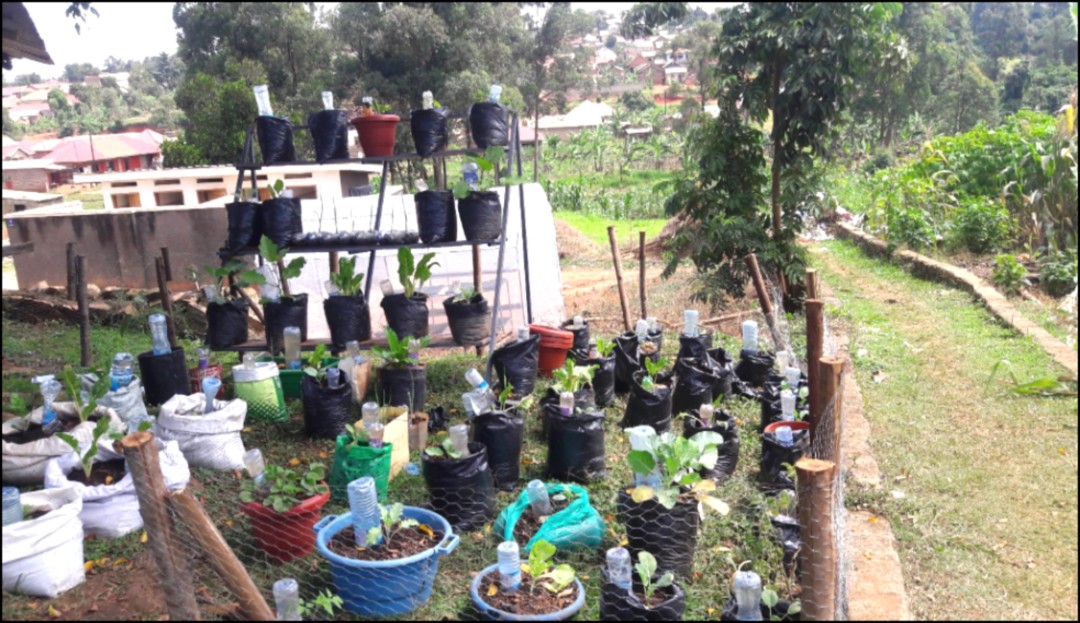
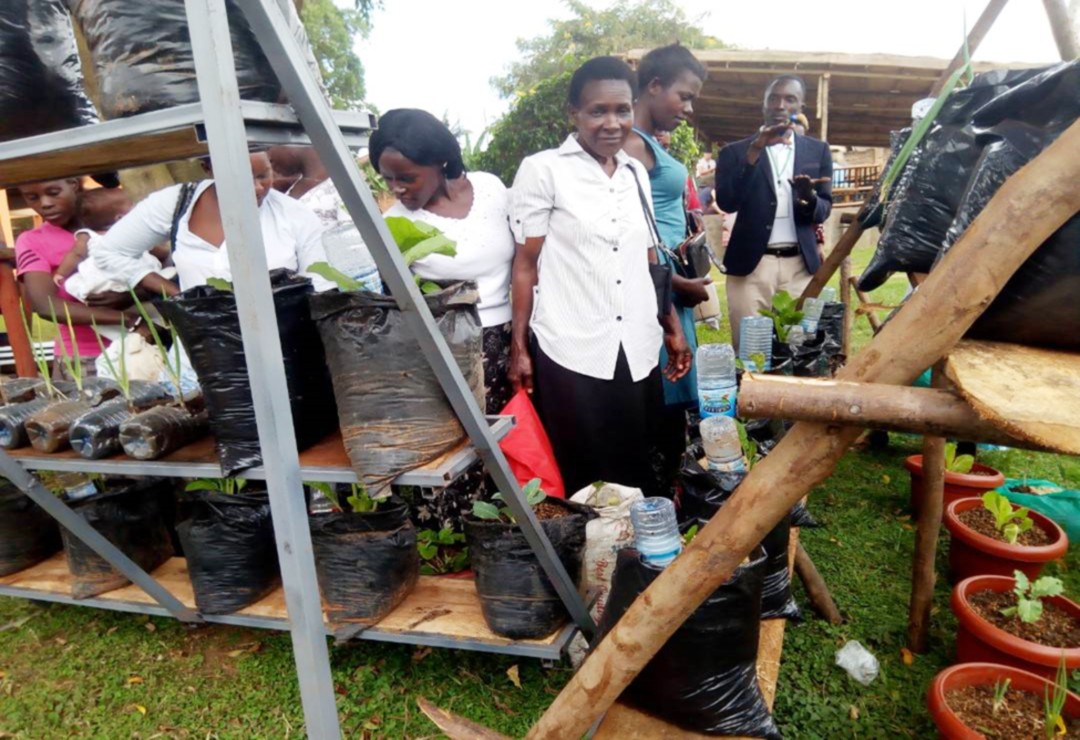
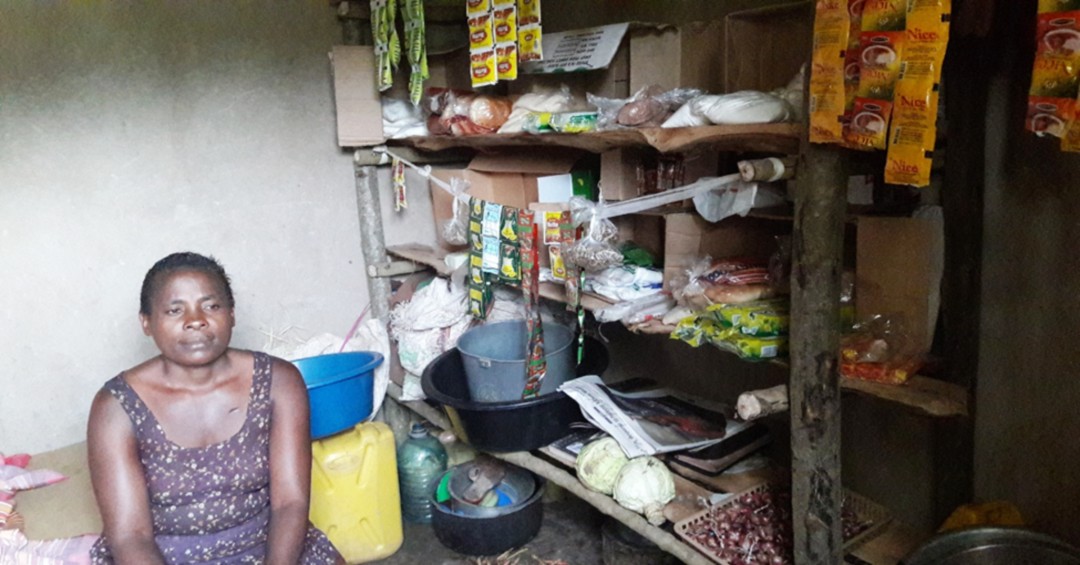
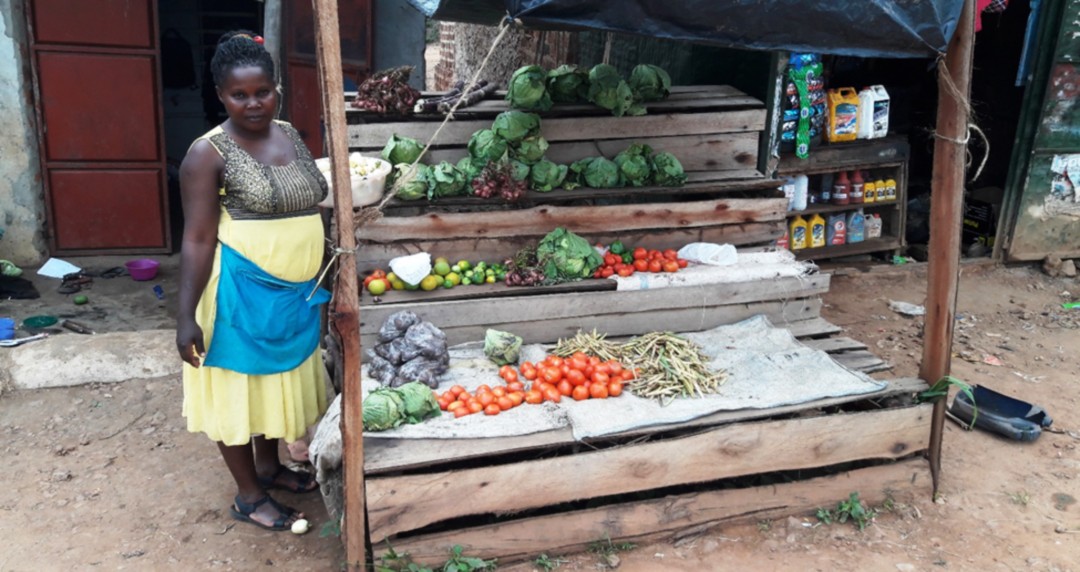
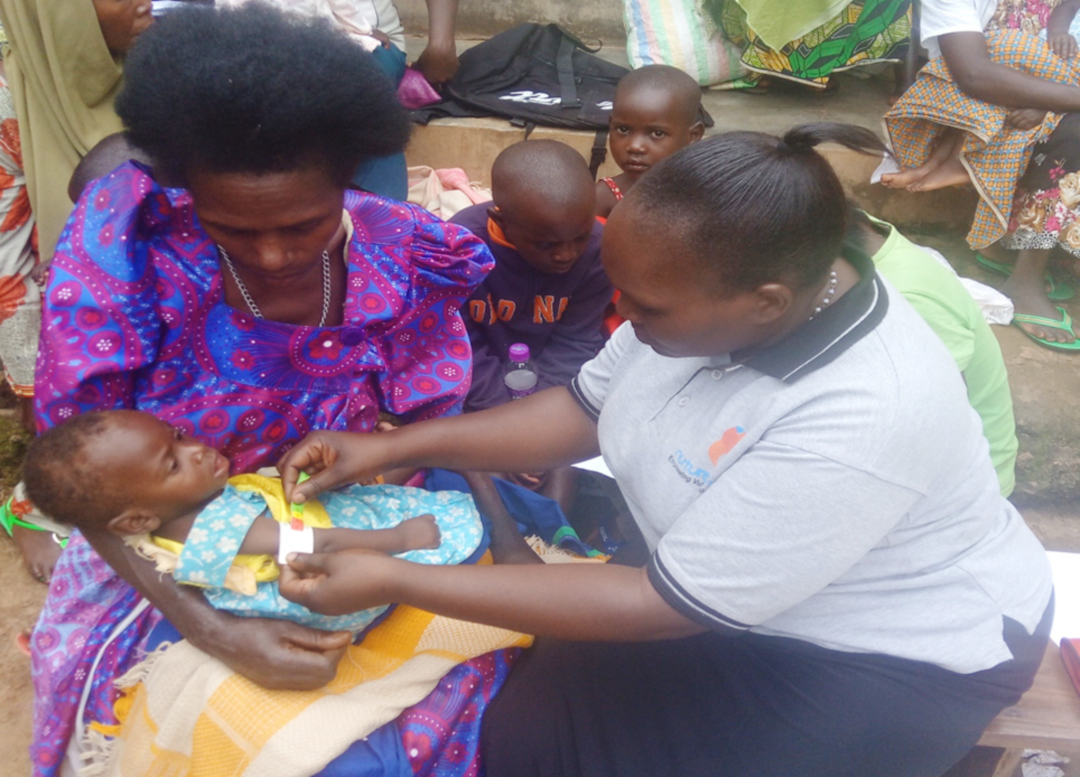
Uganda
Population
42.9 million (2017)
Per Capita Income
USD 600/year (2017)
Poverty rate *
21% (2016)
Literacy rate
70% (2016)
Human Development Index
162nd out of 189 countries (2018)
Uganda’s economy has continued to post strong growth, by many developing country standards. It nevertheless remains a very poor country and far from the middle-income status it aspires to. Although the poverty rate has greatly declined from 39% in 2002 to 19% in 2012, the strong population growth has meant that the absolute number of poor people has remained the same. One in three children has no food to eat during the school day and 27% of children under five are stunted. Agriculture accounts for 25% of the country’s GDP and employs 77% of the adult population. However, the productivity of smallholder farmers remains low due to lack of access to services such as credit and insurance and reliance on traditional farming methods.
Sources: World Food Program, UNICEF, World Bank, 2016 Human Development Report, Human Development Indices and Indicators (2018 Statistical Update)
*The percentage of the population living below the national poverty line.